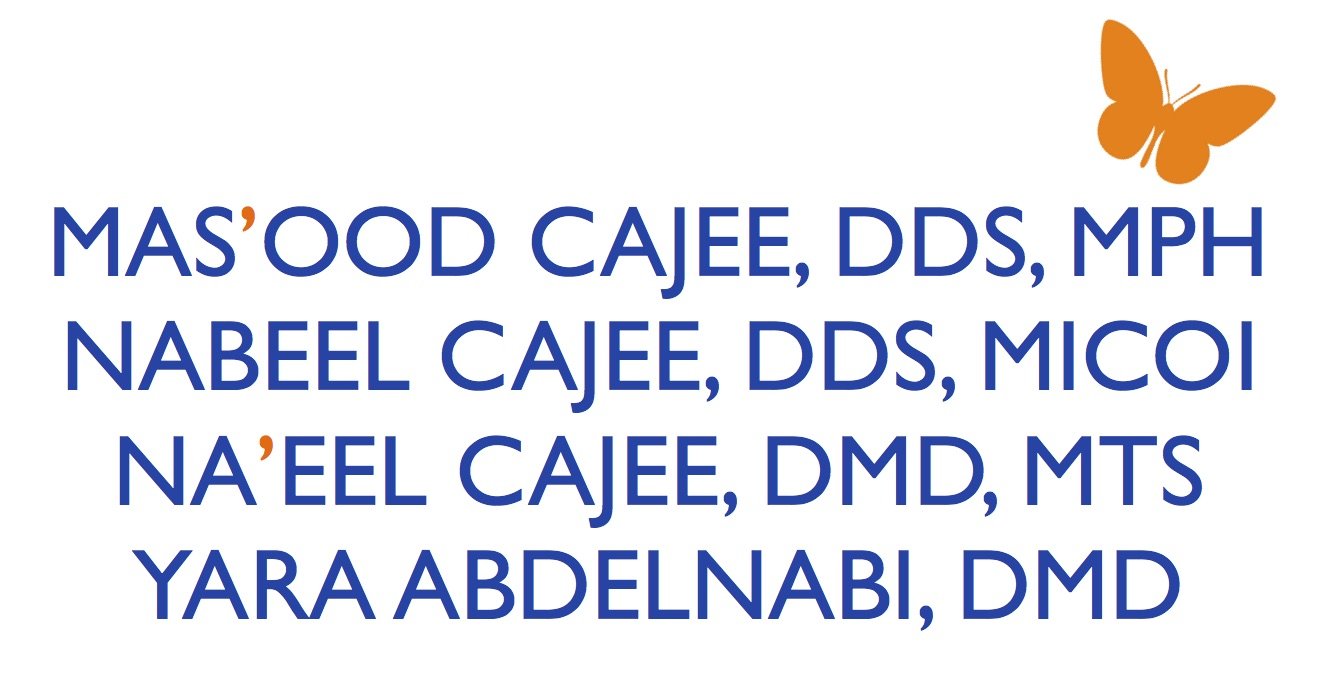10 Natural Ways to Lower Your Blood Pressure and Improve Heart Health
/Maintaining a healthy blood pressure is crucial for overall well-being and cardiovascular health. High blood pressure, or hypertension, can lead to serious health issues such as heart disease and stroke. While medications can be effective, there are also natural approaches to help lower blood pressure. In this blog, we will explore 10 tips to naturally lower blood pressure and promote a healthier heart.
1.Embrace a Balanced Diet:
Adopting a diet rich in fruits, vegetables, whole grains, and lean proteins can have a significant impact on blood pressure. The Dietary Approaches to Stop Hypertension (DASH) diet, in particular, is designed to lower blood pressure by reducing sodium intake and emphasizing nutrient-rich foods.
2.Reduce Sodium Intake:
High sodium levels in the diet can contribute to elevated blood pressure. Be mindful of your salt intake by limiting processed foods and opting for fresh, whole foods. Experiment with herbs and spices to enhance the flavor of your meals without relying on salt.
3. Increase Potassium Intake:
Potassium helps balance sodium levels and relax blood vessel walls, reducing blood pressure. Incorporate potassium-rich foods such as bananas, oranges, spinach, and sweet potatoes into your diet.
4. Maintain a Healthy Weight:
Being overweight or obese can contribute to hypertension. Losing even a small amount of weight can make a significant difference. Focus on a combination of healthy eating and regular physical activity to achieve and maintain a healthy weight.
5. Engage in Regular Exercise:
Regular physical activity is essential for heart health and can help lower blood pressure. Aim for at least 150 minutes of moderate-intensity exercise or 75 minutes of vigorous-intensity exercise per week. Activities such as brisk walking, jogging, swimming, or cycling are excellent choices.
6. Limit Alcohol Consumption:
While moderate alcohol consumption may have some cardiovascular benefits, excessive drinking can raise blood pressure. If you consume alcohol, do so in moderation—up to one drink per day for women and up to two drinks per day for men.
7. Quit Smoking:
Smoking not only damages your lungs but also contributes to high blood pressure. Quitting smoking is one of the best things you can do for your overall health, including your cardiovascular system.
8. Manage Stress:
Chronic stress can contribute to high blood pressure. Incorporate stress-reducing activities into your daily routine, such as meditation, deep breathing exercises, yoga, or spending time in nature. Finding healthy ways to cope with stress can have a positive impact on your blood pressure.
9. Prioritize Quality Sleep:
Inadequate or poor-quality sleep can negatively affect blood pressure. Aim for 7-9 hours of quality sleep each night. Establish a consistent sleep routine, create a comfortable sleep environment, and avoid stimulants like caffeine close to bedtime.
10. Monitor Blood Pressure Regularly:
Keep track of your blood pressure at home using a reliable blood pressure monitor. Regular monitoring allows you to track changes and provides valuable information for you and your healthcare provider to make informed decisions about your health.
Taking a proactive approach to lower blood pressure naturally involves making positive lifestyle changes. By adopting a healthy diet, engaging in regular exercise, managing stress, and prioritizing overall well-being, you can contribute to better cardiovascular health. Remember to consult with your healthcare provider before making significant changes to your lifestyle, especially if you have existing health conditions or are taking medication for blood pressure.


